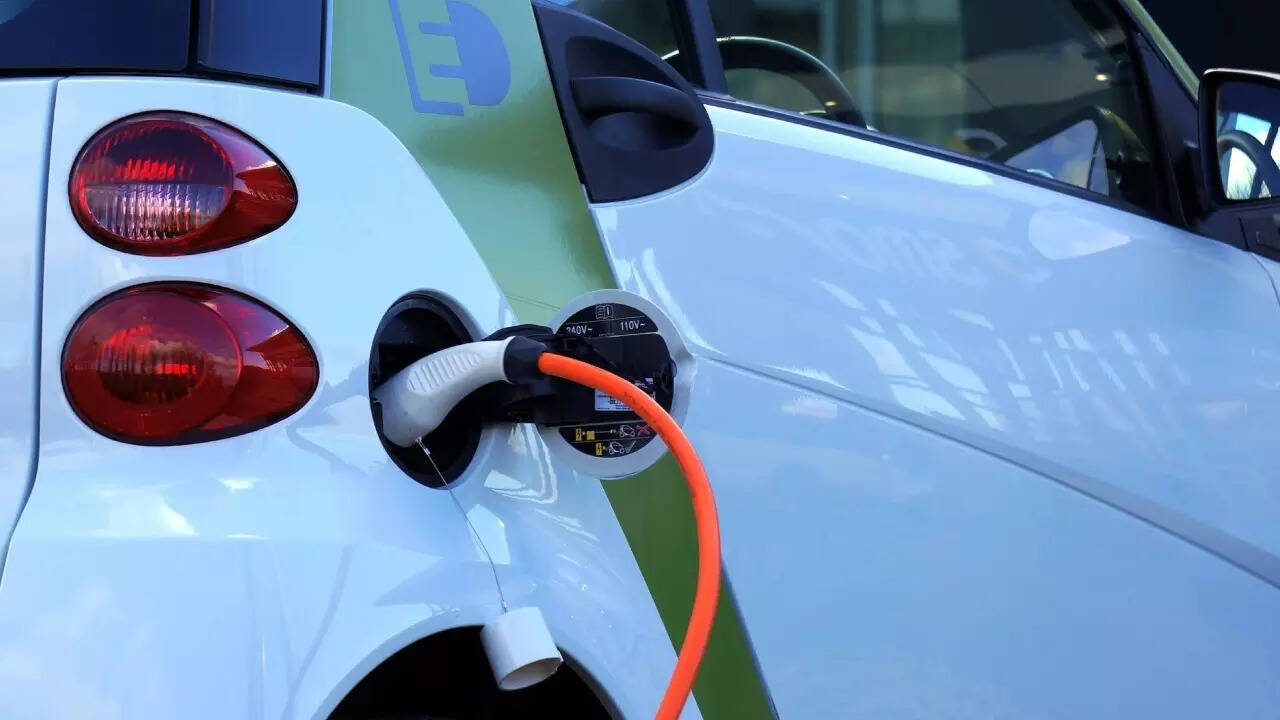
The firms operating in the electric vehicle sector that had hoped for an extension of the FAME subsidy will have to wait probably for the full budget post Lok Saha polls as Thursday’s interim budget had no mention of it.
The Centre’s Faster Adoption and Manufacturing of Electric Vehicles (FAME) scheme was aimed at encouraging faster EV adoption. FAME II is set to expire in March this year, and as of now, EV makers have no idea as to whether it will be continued in any form, Vivekananda HR, CEO of electric two-wheeler maker Bounce, told ET.
FAME subsidies slashed by more than 55%
While the government’s announcement of rooftop solarization and energy scheme did come with an expectation that the extra electricity could be used in vehicle charging, he said it was unlikely to have a deep impact on the sector. “The key concern with light electric vehicle charging still remains ample parking space and safe charging points in residential buildings,” he added.
Combining solarization with EV charging seems to be a way of employment generation rather than bringing any actual benefits to the EV sector, Amitabh Saran, CEO of electric three-wheeler maker Altigreen told ET. “Without an extension of the FAME scheme, the only silver lining I can see here for the EV sector is the emphasis on wider adoption of electric public transport and the initiative to broaden the charging infrastructure. Even that could have had more details and clarity,” he said.
Finance Minister Nirmala Sitharaman said in the Budget speech that the government would expand and strengthen the e-vehicle ecosystem by supporting manufacturing and charging infrastructure. “Greater adoption of e-buses for public transport networks will be encouraged through payment security mechanisms.” A general consensus among EV and battery makers was that while the government’s commitment towards promoting eco-friendly and energy-efficient modes of commuting was encouraging, clarity on subsidies, taxation and details of new schemes for charging infrastructure would have helped.
Battery swapping startup Exter founder Preetham Hegde said the sector was encountering numerous challenges on the ground that required government attention. “Battery swapping will play a key role in driving the adoption of electric two-wheelers. Tax reductions for battery swapping services and mandating electric vehicles with battery swapping for quick commerce delivery would have significantly reduced tailpipe emissions in the delivery segment,” he told ET.
Varun Goenka, Co-Founder of battery swapping startup Chargeup, said the company was anticipating a more holistic strategy that considers the diverse needs of the entire EV ecosystem. “We urge a closer examination of challenges such as high GST rates and the lack of affordable financing for critical EV infrastructure, including Battery-as-a-Service facilities and charging stations,” he said.

